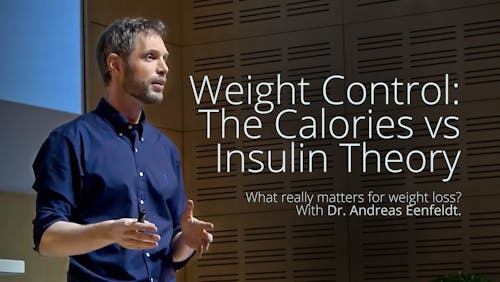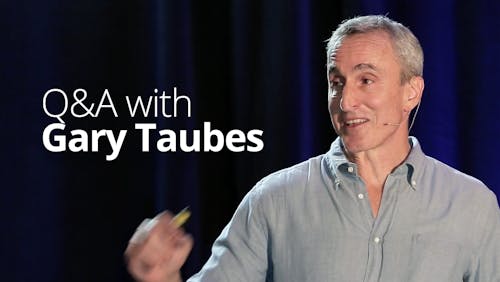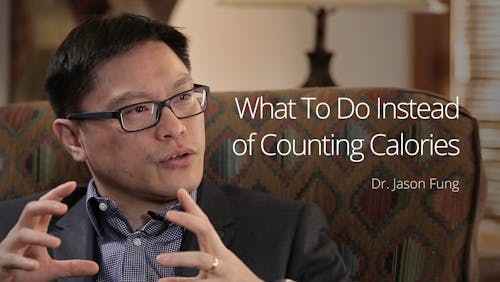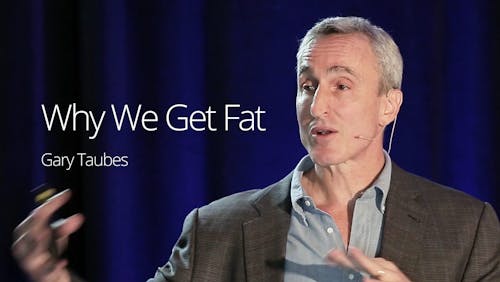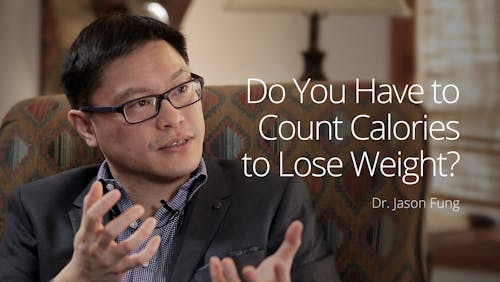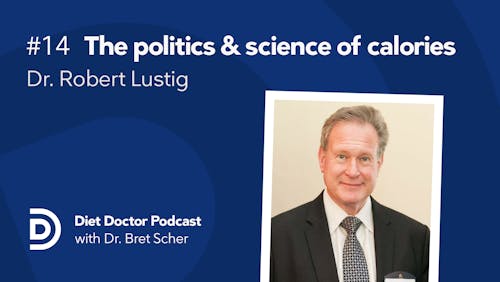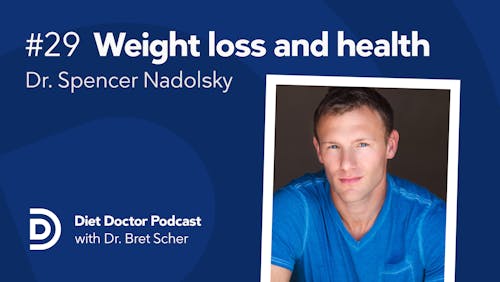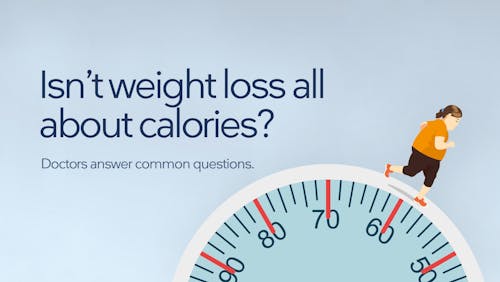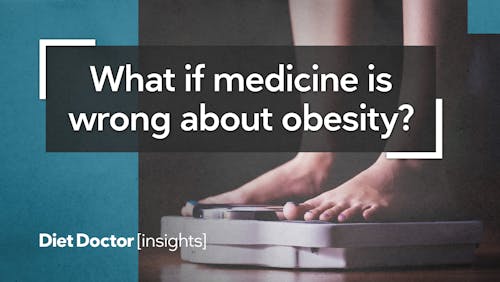Bigger breakfasts increase calorie burn rate. Should we care?

How can something as simple as breakfast be so controversial? I am not exactly sure of the answer, but it likely stems from a marketing campaign in the 1980s to anoint breakfast as “the most important meal of the day.”
Now however, it appears as the tide has turned as more and more people skip breakfast as part of practicing time-restricted eating. Studies show the potential health benefits of time-restricted eating, and given our common societal meal structure, most people find skipping breakfast as the easiest way to incorporate a narrow eating window into their lives.
A new study, however, may make some people question the practice of skipping breakfast. Published in the Journal of Clinical Endocrinology and Metabolism, the study showed that healthy volunteers who ate a large breakfast and a small dinner had over twice as much “diet-induced thermogenesis” than those who had a small breakfast and large dinner. Simply put, that means they burned more calories without trying.
The conclusion for some is that it is healthier to have a large breakfast. Or even worse, some say it is unhealthy to skip breakfast.
To see if these conclusions are accurate, let’s look at the details. The subjects were 16 healthy males average age 23 with normal body mass index. So, right away we have to question if the same effects would be seen in subjects who are middle aged, overweight, or battling metabolic diseases such as insulin resistance and type 2 diabetes.
Next, they were fed relatively high-carb meals, with 46% of total calories coming from carbs. Would the same findings apply to low-carb meals? That is unknown.
Third, all food was provided. There was no element of choice or natural calorie regulation as happens in the real world. This may seem like a small point, but I think it is a hugely important point to make.
As we reported previously, a prior randomized controlled trial showed that women who ate breakfast ate more total calories during the day, ate more carbohydrates, and gained more weight than those who skipped breakfast. This is more relevant data as it shows outcomes we care more about – how much we eat and if we gain weight when we are choosing our own meals. Diet induced thermogenesis is an interesting variable, but it says nothing about our health goals or how we behave during the day.
And this was not a one-off study as others have confirmed the same findings. As many have said before, we are not calorimeters and we are not toasters. If we want to know if something is “healthy,” we need to conduct studies that measure health outcomes. This study fails to do that.
But that does not mean the current study is without value. We have evidence dating back to the 1970s that we have a natural variation in insulin sensitivity depending on the time of day. It makes sense for our bodies to have our biggest meal earlier in the day rather than later. This does not by definition mean we should have big breakfast, but it does mean we probably shouldn’t have a big dinner.
What’s the best way to make sense of all this? Likely to practice TRE, have our first and biggest meal in the late morning/early afternoon and make our evening meal the smaller meal. I am sure many Europeans are rolling their eyes at the silly American writing this post since that is commonplace in many parts of Europe. Sometimes we Americans are slow to catch on.
Thanks for reading,
Bret Scher, MD FACC
Earlier
New review: very-low-calorie ketogenic diets are effective for weight loss
New major study: A calorie is not a calorie
Start your FREE 30-day trial!
Get delicious recipes, amazing meal plans, video courses, health guides, and weight loss advice from doctors, dietitians, and other experts.
Join now

